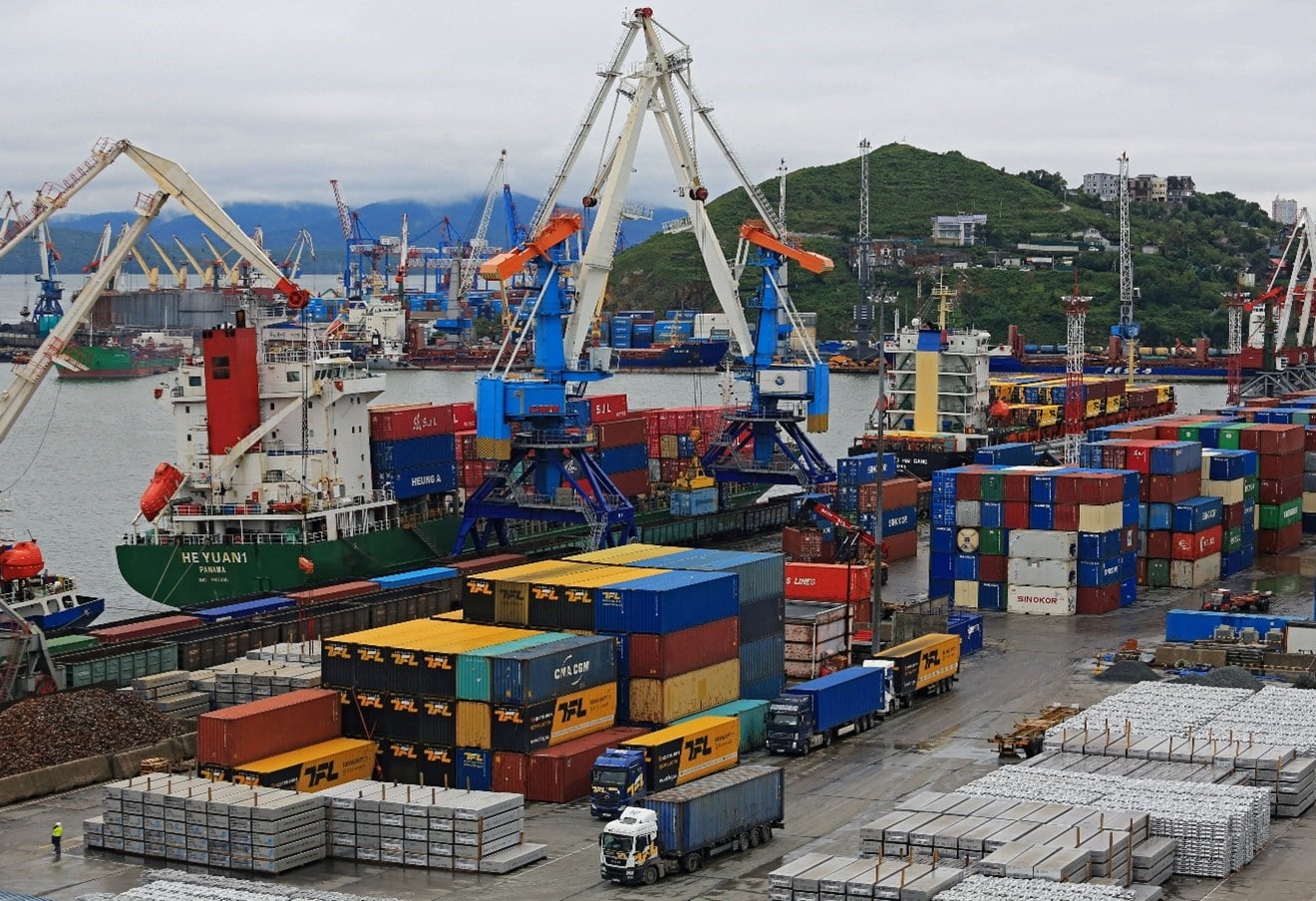
Abu Dhabi
Source: Alittihad Newspaper
Mufakiru Alemarat
Dr. Ali Mohamed Al Khouri
With the escalation of the repercussions of the climate crisis, the growing environmental impacts on international trade are emerging as an issue that requires study, analysis, and exploration of effective solutions. It is no longer possible to ignore the diverse and multidimensional impacts of climate change, which range in their simplest form from changes in production and consumption patterns, and extend To face the challenges of the flow of goods and commodities, including high shipping and production costs, as well as the disruption of major infrastructure, such as ports and sea lanes, which hinders the process of international transport and trade.
According to the report of the United Nations Conference on Trade and Development (UNCTAD), global trade witnessed a decline of 5 percent in 2023 compared to the previous year, with expectations indicating that this decline will continue in the current year (2024). This decline is partly due to the impact of climate on fluctuations in crop production, and the shortage of natural resources, which has become more complex in the global economic situation. For example, severe drought and low water levels in the Panama Canal – one of the most important global trade corridors – had a direct impact on the canal’s ability to accommodate ships and goods, which threatens to disrupt global supply chains and raise costs. Likewise, rising temperatures in France have led to a reduction in nuclear energy production due to the increased temperature of the river water used to cool the reactors.
Of course, developing countries will be most affected by climate change, given that their economies rely heavily on agriculture and natural resources. A study published by the Stanford Woods Institute for the Environment indicates that global agricultural productivity is 21 percent lower than it would have been without the impact of climate change, and that this decline is equivalent to the loss of about seven years of agricultural productivity growth since the 1960s. Global reports confirm that climate changes will lead to structural changes in the global agricultural trade network, fluctuation in crop production, and will affect food supplies and prices globally. According to a report issued by the World Bank, climate change is expected to lead to a decrease in average global income by up to 23 per cent. 100 by 2100 if no meaningful action is taken.
The solutions, which revolve around global reports, revolve around the need for national policies to focus on strengthening the capabilities to adapt to climate change, especially in developing countries that rely heavily on agriculture and lack solid infrastructure. These policies also need to be accompanied by strategies for trade. Green and sustainable international. This includes encouraging and supporting innovations and low-carbon technologies in various economic sectors, integrating environmental considerations into economic and commercial planning to ensure a balance between targeted economic growth levels and environmental conservation requirements, in addition to intensive international cooperation to ensure the provision of climate financing, work to implement previous commitments, and develop mechanisms. New measures to ensure that the necessary financial support is provided to countries most affected by climate change.
It is important that these policies take into account the social dimensions of climate change, such as its impact on poverty and the equitable distribution of resources, especially if we take into account estimates of economic losses resulting from climate change, which may reach $23 trillion by 2050, according to the Maat Foundation report. For peace, development and human rights.”
In addition, governments and international institutions must promote research and innovation to develop technologies and methodologies resistant to climate change. This includes stimulating the private sector and academic institutions to contribute to finding innovative and effective solutions that help reduce the negative effects of climate change on international trade.
In conclusion, international policies must adopt a comprehensive approach that addresses the impact of climate change on international trade, with a focus on sustainability, integration, and adaptation to future challenges. This requires continuous cooperation and coordination between countries and international organizations, with a focus on innovation and smart financing to adapt to future challenges and take advantage of new opportunities emerging within the framework of a more sustainable and resilient global economy.
| About | |
|---|---|
| Initiatives | |
| Knowledge | |
| Services | |
| Media Center | |
| Contact |